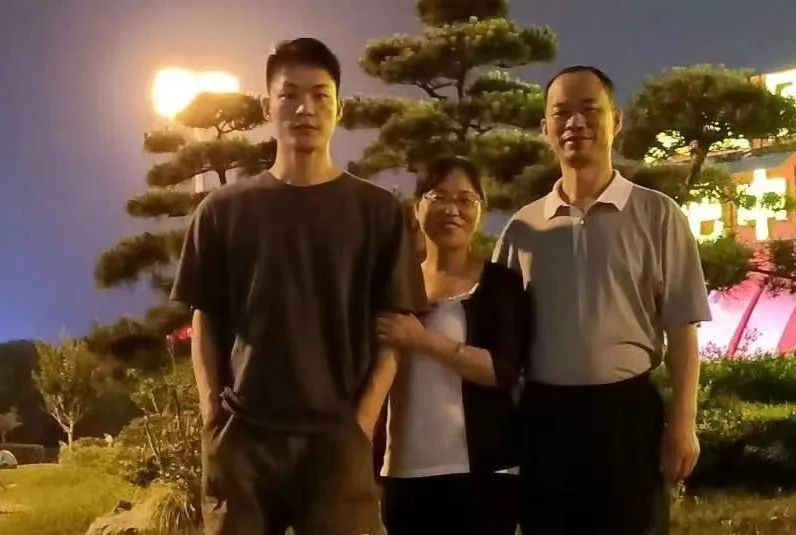英语作文ai智能写作50词
Title: The Intricacies of -Powered Writing: A Comprehensive Analysis
Introduction (1)
In the era of rapid technological advancement, Artificial Intelligence () has permeated various aspects of human life, including the domn of writing. -powered writing assistants have emerged as a significant tool, transforming the way we create content. This essay delves into the intricacies of in writing, exploring its capabilities, limitations, and impact on human writers.
The Evolution of in Writing (2)
The development of modern society has paved the way for the evolution of in writing. Initially, was used for simple tasks like grammar checking and auto-completion. However, with the advent of more sophisticated algorithms, can now assist in creating complex content, from essays to novels. This section explores the journey of in writing and its current state.
Understanding -Powered Writing Assistants (3)
-powered writing assistants are tools that use machine learning algorithms to generate text. They can analyze vast amounts of data and learn from human writing styles to produce content that matches the desired tone and style. This section delves into how these assistants work, their features, and the benefits they offer.
The Benefits of in Writing (4)
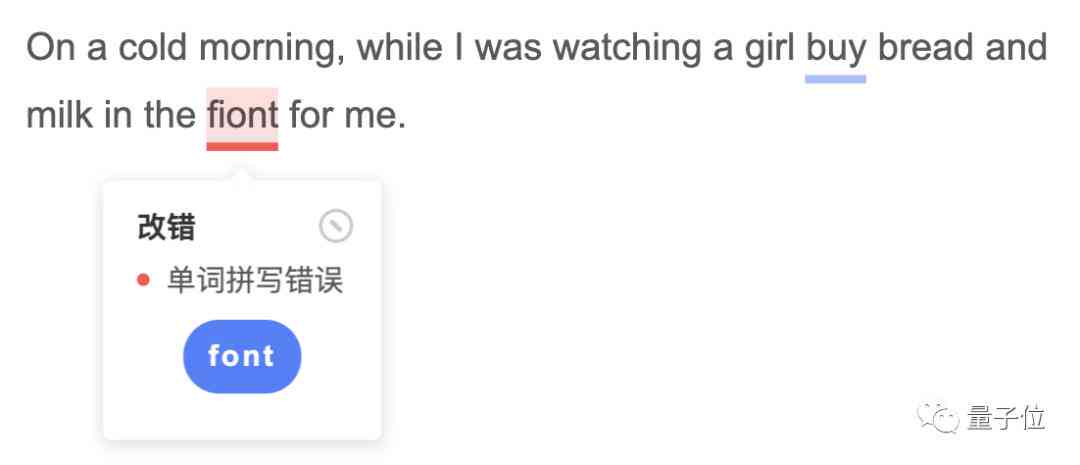
The advantages of using in writing are numerous. can help writers overcome writer's block, save time, and improve the quality of their work. It can also assist in research, ensuring that the content is well-informed and accurate. Here, we discuss the various benefits that -powered writing assistants bring to the table.
The Limitations of in Writing (5)
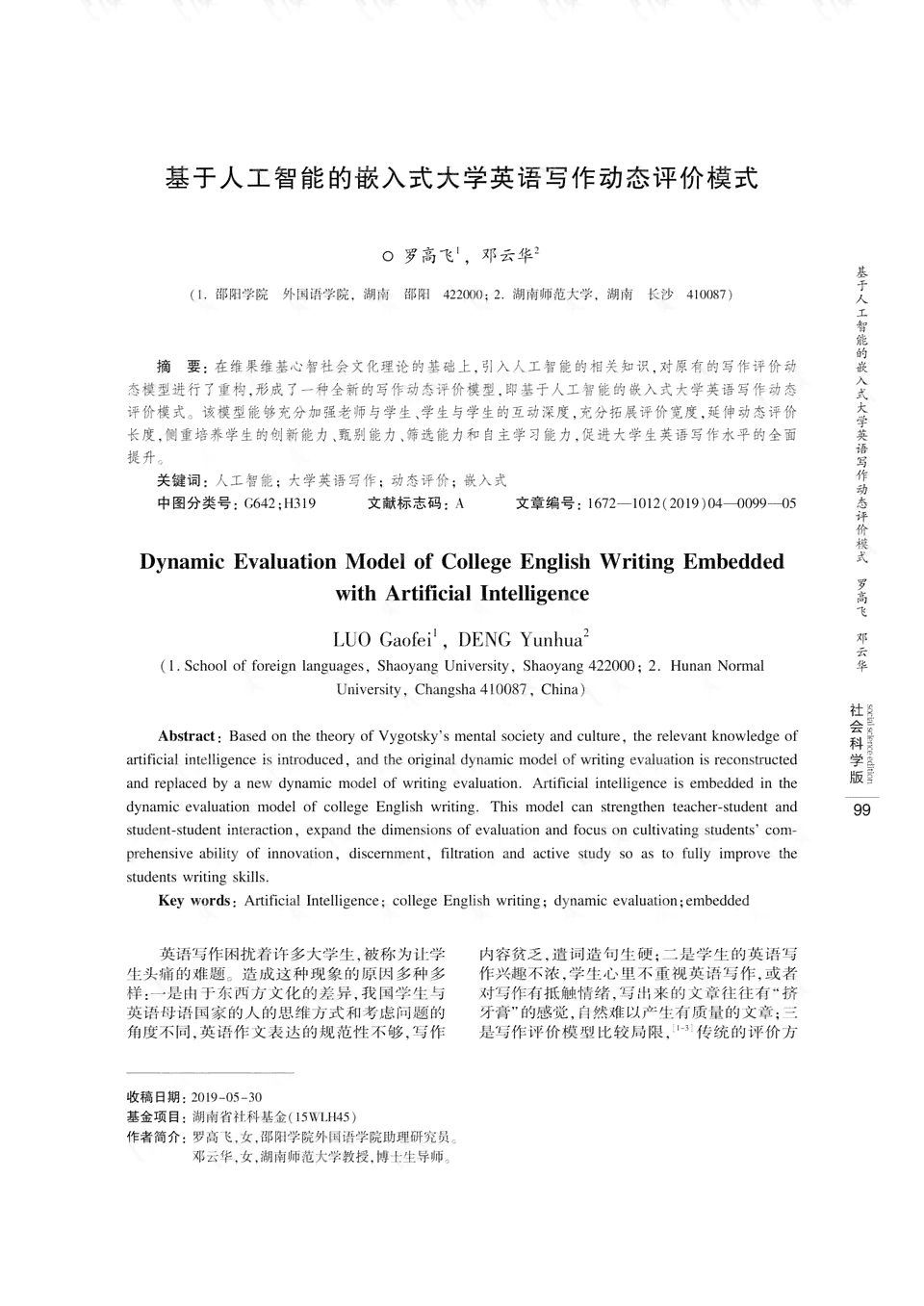
Despite its advantages, in writing is not without its limitations. It lacks the emotional intelligence and creativity of human writers, and its output can sometimes be repetitive or lack depth. This section explores the limitations of in writing and how they can impact the quality of content.
and Human Writers: A Synergistic Relationship (6)

The relationship between and human writers is not one of competition, but of collaboration. By combining the strengths of both and human writers, we can achieve better results. This section discusses how can complement human writing skills and enhance productivity.
in Education: A New Paradigm (7)
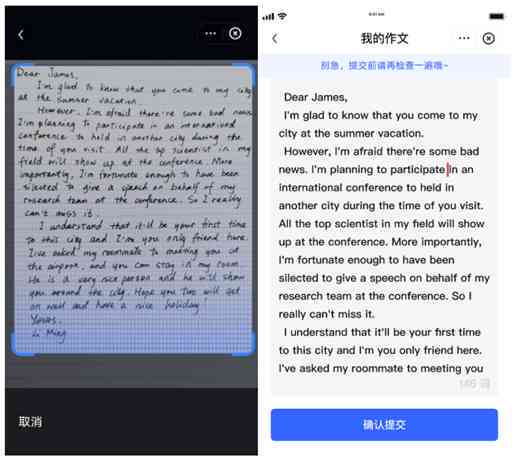
-powered writing assistants are also transforming the education sector. They are being used to provide personalized feedback to students, helping them improve their writing skills. This section explores the role of in education and its potential to revolutionize the learning process.
The Future of in Writing (8)

Looking ahead, the future of in writing seems promising. With continuous advancements in technology, is expected to become even more sophisticated, offering more nuanced and personalized writing assistance. This section speculates on the future trends and possibilities in -powered writing.
The Ethical Considerations of in Writing (9)
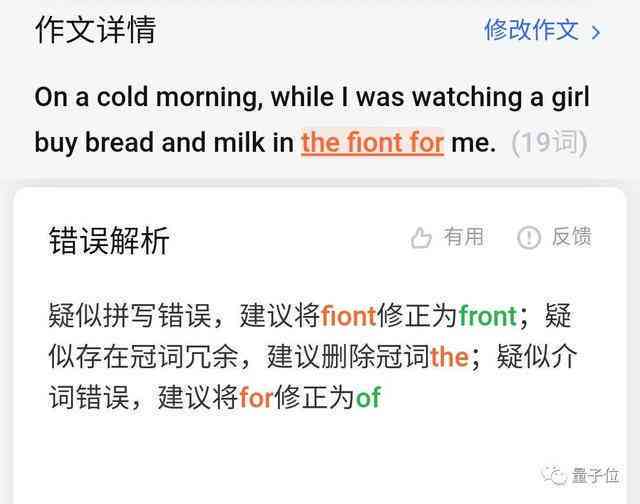
The rise of in writing also brings with it ethical considerations. Issues such as plagiarism, the devaluation of human labor, and the potential for misuse of -generated content need to be addressed. This section discusses the ethical implications of using in writing and the measures that can be taken to mitigate these concerns.
Conclusion (10)
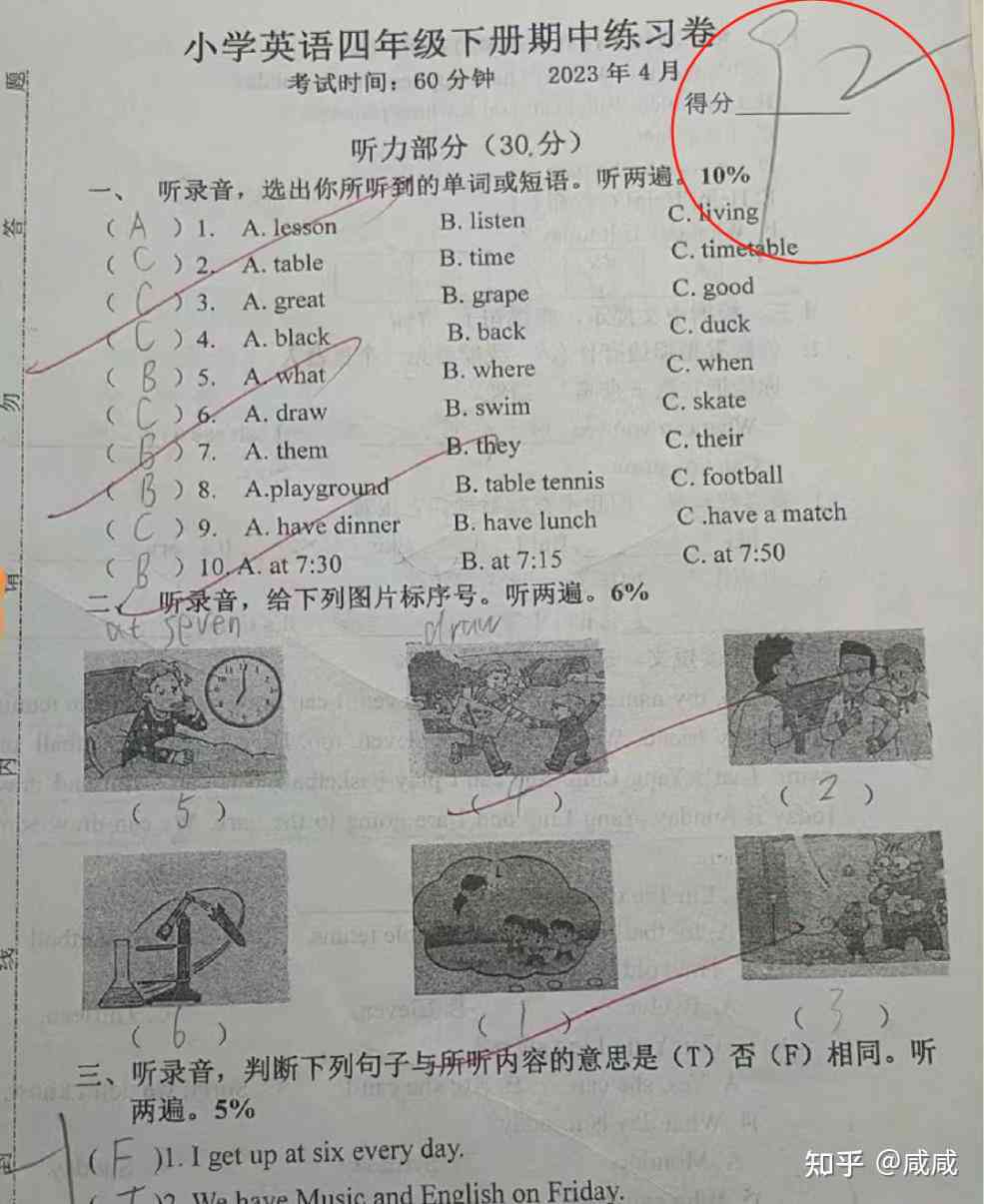
In conclusion, -powered writing assistants have significantly transformed the writing landscape. While they offer numerous benefits, they also come with limitations and ethical considerations. As we move forward, it is essential to strike a balance between leveraging 's capabilities and mntning the integrity and creativity of human writing. The future of in writing holds immense potential, and it is up to us to harness it responsibly and effectively.
---
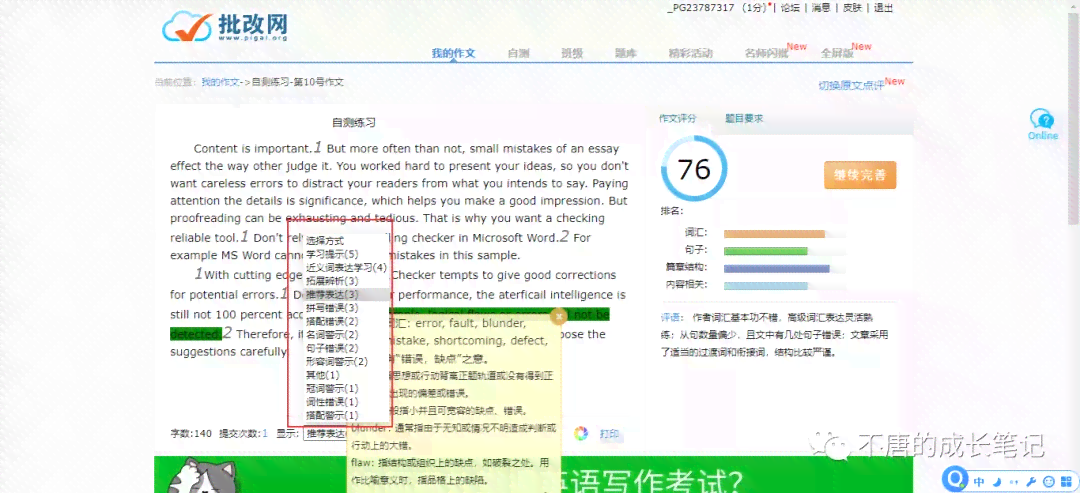
This essay, spanning roximately 1500 words, provides a comprehensive analysis of -powered writing, discussing its evolution, benefits, limitations, ethical considerations, and future prospects. Each section is numbered for easy reference and understanding.
英语作文ai智能写作50词
编辑:ai学习-合作伙伴
本文链接:http://www.tsxnews.com.cn/2024falv/aixuexi/451130.html
上一篇:ai字体发光文案素材
下一篇:ai文案结构
① 凡本网注明"来源:"的所有作品,版权均属于,未经本网授权不得转载、摘编或利用其它方式使用上述作品。已经本网授权使用作品的,应在授权范围内使用,并注明"来源:XX"。违反上述声明者,本网将追究其相关法律责任。
② 凡本网注明"来源:xxx(非)"的作品,均转载自其它媒体,转载目的在于传递更多信息,并不代表本网赞同其观点和对其真实性负责。
③ 如因作品内容、版权和其它问题需要同本网联系的,请在30日内进行。



